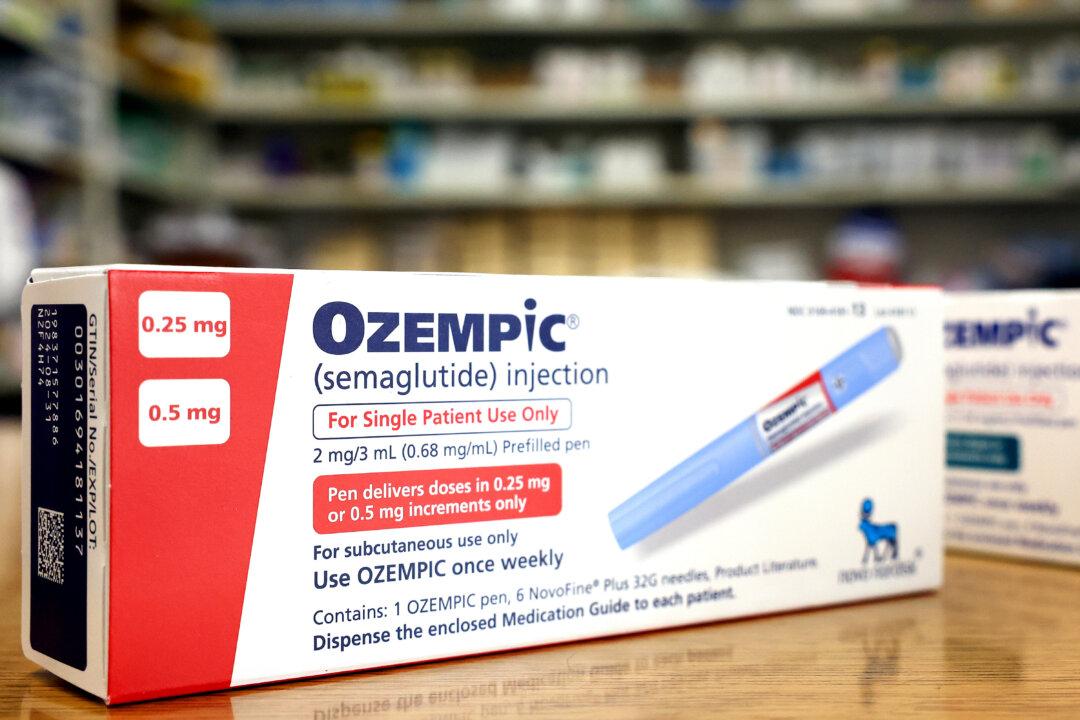Food processing giant Dole Food Company confirmed this week it was the victim of a “cybersecurity incident that has been identified as ransomware,” according to a news release.
“Upon learning of this incident, Dole moved quickly to contain the threat and engaged leading third-party cybersecurity experts, who have been working in partnership with Dole’s internal teams to remediate the issue and secure systems,” the release, dated Feb. 22, stated.





